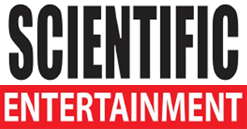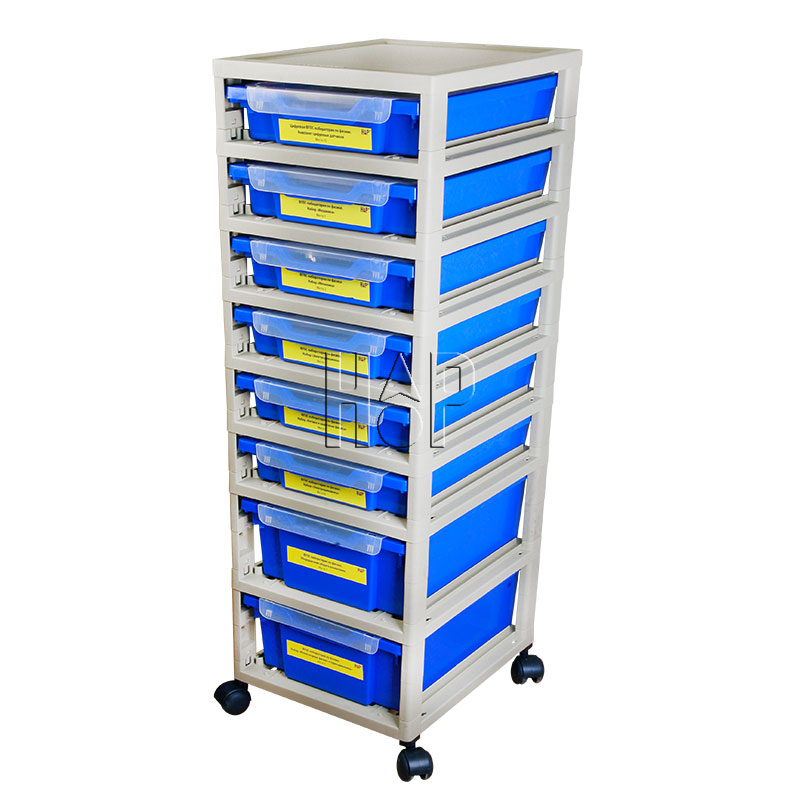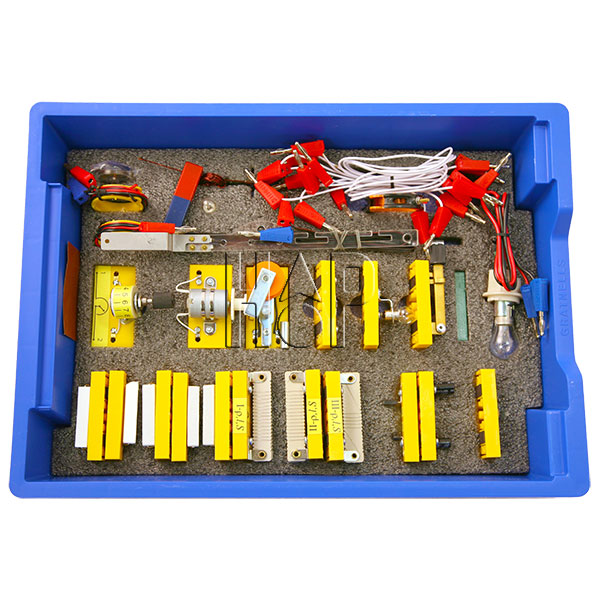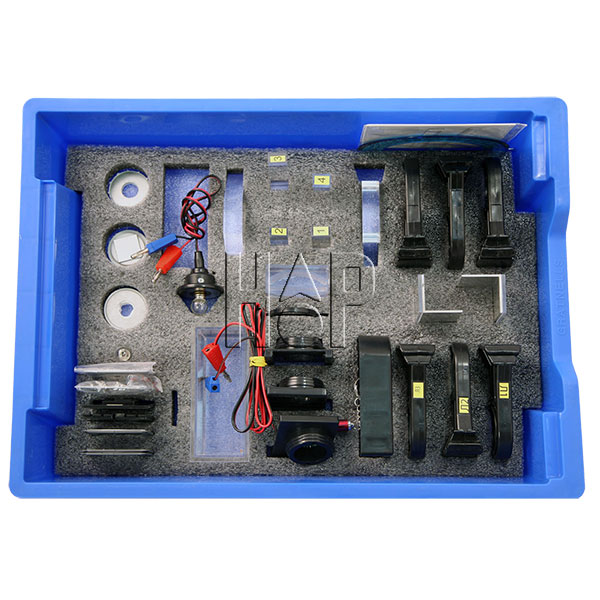Designated use
Equipment of this digital physics laboratory / basic level satisfies requirements of the federal state education standards concerning development of all round experimental skills and hands-on knowledge of digital lab equipment in all branches of physics: mechanics, molecular physics, electrodynamics, optics and quantum effects. Notebook required for working with digital lab equipment is not supplied. Computer programs for running the laboratory experiments are included.
The lab supports all types of experimental works for 7 to 11 grades. It includes all equipment required for state final examinations and uniform state examination.
Topics for class assignment
Mechanics
(same problem is assigned to everybody in the class)
- Taking simple measurements
- Interaction of physical bodies
- Pressure in solid bodies, liquids and gases
- Work and power. Energy
Kinematics:
- Study of uniformly accelerated motion, movement of a body thrown in horizontal direction, moving along a circular and elliptical trajectories.
- Study of oscillations
Dynamics:
- Laws of dynamics
- Study of movements of
- Body along inclined plane
- connected bodies
- An empty cylinder rolling along inclined plane
- Dynamics of free and coupled oscillations
Molecular physics
- Movement and interaction of body particles
- Temperature and its measurements
- Heat exchange and change in internal energy as a result of performing work
- Study of isoprocesses and equation of conditions
- Study of deformation
- Change of aggregate state
- Study of surface tension
Electrodynamics
- Study of electrization
- Direct current laws
- Energy conversion in electric current. Work and power of electric current
Samples of laboratory works in optics
Laboratory assignments for middle school
- Studying light reflection
- Studying light refraction
- Dispersion of light passing through a prism
Laboratory assignments for senior school
- Measuring length of light wave from various sources
- Polarization of light reflected by dielectric
- Interference of laser light passing through two slits (young’s experiment)



